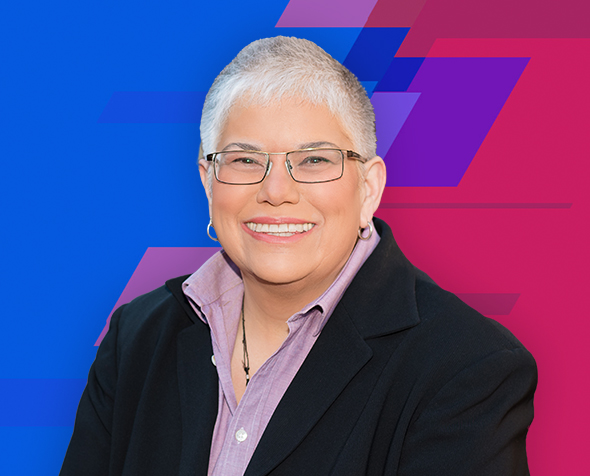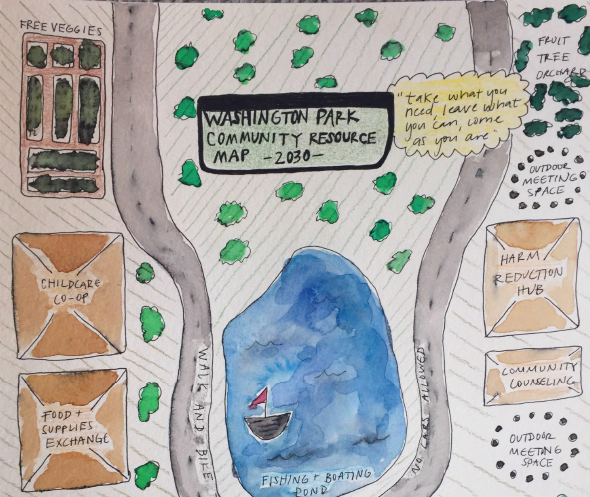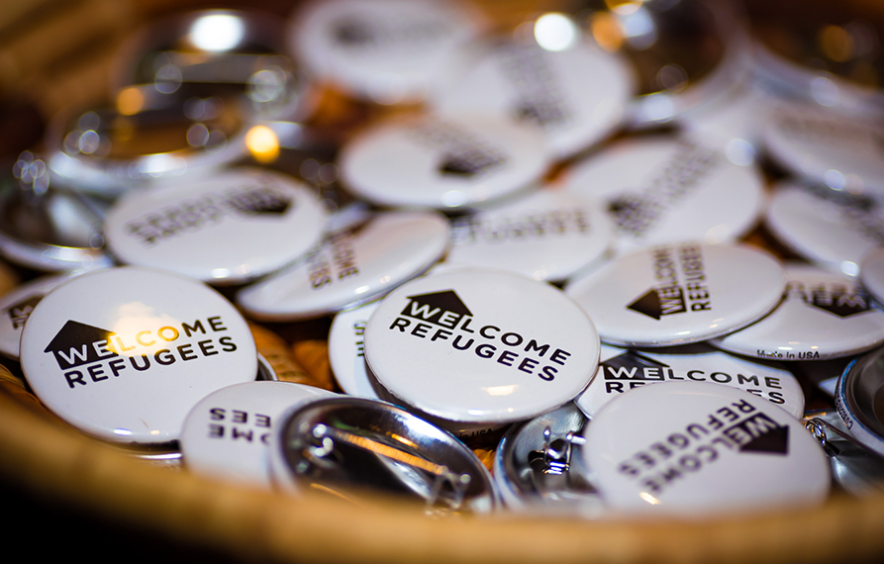
Associate Prof. Shannon Sliva shares her ideas on restorative justice and how we can create conditions for justice and healing, creating a world that focuses on collective care as an alternative to the criminal legal system.

Professor Deb Ortega discusses key concepts of critical race theory, how it can improve understanding of social problems and development of interventions, and how it can be used to cultivate compassion.

Professor Daniel Brisson discusses recent innovations in housing and homelessness, including trauma-informed design and the Denver Basic Income Project.

Professor Jenn Bellamy is leading a multi-state project using the Breakthrough Series Collaborative continuous learning methodology to develop new ways to engage fathers in child welfare.

Led by PhD alumna Laura Nissen, GSSW fellows are applying futures thinking and foresight practices to social work as part of the Social Work Health Futures Lab.

What will the future of work be for today’s youth? GSSW Assistant Professor Marquisha Lawrence Scott explores the impacts of globalization and automation on healthy youth development.










